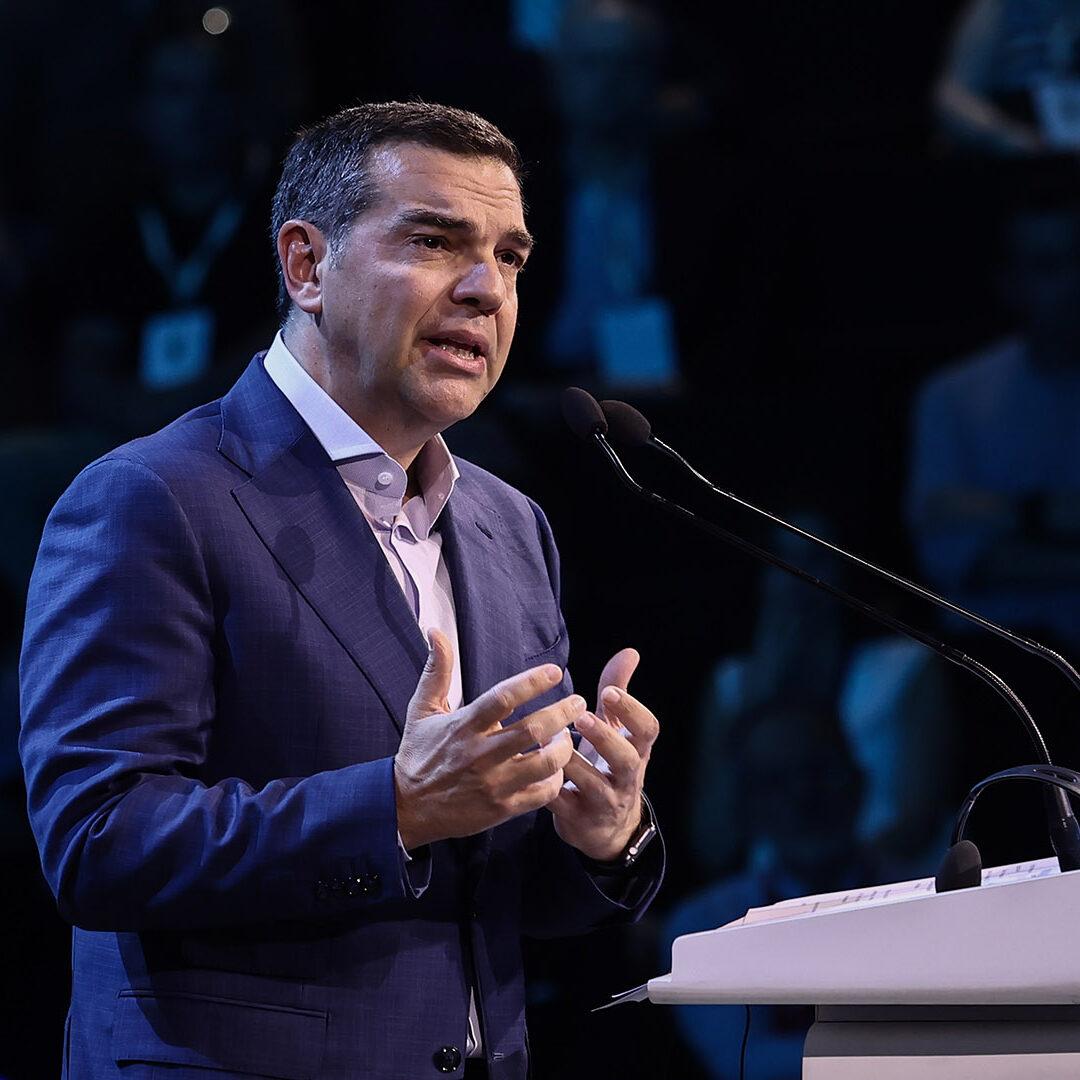Alexis Tsipras: His ‘Ithaca’ and the Secrets Behind Greece’s Critical Political Moments
With his new book “Ithaca” (Gutenberg Publishing), Alexis Tsipras provides a personal and political reckoning of his tenure, revealing an extensive backstage view of decisions, conflicts, and mistakes. Across roughly 760 pages, nothing is hidden: from the 2015 referendum to internal party management and high-level negotiations with Merkel, Hollande, Putin, and Obama.
The Referendum and International Negotiations
The decision to hold the referendum is described with intensity and psychological weight. Tsipras explicitly states: “The decision was mine”. He recounts conversations with Merkel and Hollande, his persistence in negotiation tactics, and his belief that a “No” vote could open new pathways. He exposes the blunt stance of Putin and Russia’s lack of support. Meanwhile, a supportive call from Barack Obama underscores the critical nature of the moment and the role of international diplomacy.
Key Figures and Internal Party Tensions
Yanis Varoufakis is depicted as “flirting with vanity”, with Tsipras admitting he underestimated the human factor in several situations. Zoe Konstantopoulou is described as exhibiting “self-destructive intransigence” and “authoritarian obsession”, leading to the Parliament being “ridiculed” during crucial votes on the third bailout agreement.
Cooperation with Panos Kammenos and the ANEL party is noted as positive, though its EU repercussions exceeded expectations. Nikos Pappas is fully backed for the television license tender, presented as a “landmark institutional intervention”.
Within SYRIZA, party members are described as an “undisciplined army” with “independent warlords”. Tsipras admits he “did not show decisiveness” and “stumbled on minor issues”, highlighting organizational weaknesses that critically affected the party’s trajectory.
Personal Defeats and Political Self-Critique
Tsipras does not shy away from discussing the “Catrougalos torpedo”, the 2023 election losses, and the failed transition of SYRIZA leadership. He reveals his proposals to Efi Achtsioglou and Alexis Charitsis, who declined to take over, while the selection of Stefanos Kasselakis is portrayed as “entirely unsuitable” and “tragicomic”.
He also reflects on the tragedy at Mati, describing it as the darkest and most personally traumatic moment of his premiership, with the phrase “Why, God?” capturing his despair.
The Future and a New Political Compass
The book does not dwell solely on the past. Tsipras emphasizes a “new progressive patriotism”, the need for a national narrative uniting social movements, and a revival of the political space guided by the country’s and citizens’ needs.
Overall, “Ithaca” functions as a political chronicle full of backstage revelations, personal conflicts, and self-critique, showing how choices, egos, and ambitions of key figures shaped the critical decisions that left a mark on Greece.
Source: pagenews.gr
